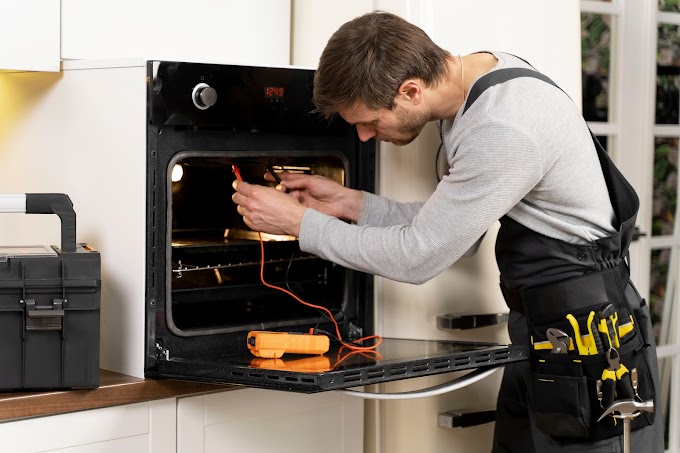When a borrower (or say homeowner) fails to make the payments to the lender (or say mortgagee), the lender would take possession of the house and sell the property. This scenario is known as the mortgagee-in-possession sale. Such mortgagee properties for sale are oftentimes attractive purchases for potential buyers/investors.
However, its buying procedure slightly differs from the regular resale or new project purchase. And several risks are also associated with it. So, if you’re planning for becoming a buyer or investor of a mortgagee house, then continue reading the blog.
How Do Mortgagee Sales Work?
You may all have heard about this at least once in your lifetime. Mortgagee-in-possession sale, also called a mortgagee auction sale, is the selling of the property by a bank (or any mortgagee) when the mortgager stops making the payments.
Commonly, such properties are auctioned by the bank, and potential buyers can bid and close the deal. However, you can even purchase the property outside the auction environment. Even if the deal is closed in an auction, you can negotiate it with the mortgagee with the helping hand of an agent.
Benefits Of Mortgagee Properties:
Though paperwork needs a little more effort, mortgagee properties have a set of advantages. They are:
- Mortgagee houses are typically sold at discounted prices, most likely 10% below the market value. The reason behind this is, the property may be on a mortgage for a quite long time. And because of that, it might have wear and tear. As a consequence, you’ll get a good investment property (if you’re planning to invest) or get a ready-to-occupy house (if you desire to move in) at a lower price.
- Most likely, the mortgagee properties are not that older, generally under ten years. And the homeowner may require capital appreciation, due to which you’re getting a good deal compared to other costly properties.
- The mortgagee and homeowner would already have evaluated the property. Also, the owner would have gone through its approvals too. Therefore, if you want to take a loan from the same lender, you’d save your time on document verification and property value evaluation.
Risks Associated With Mortgagee Sales:
- The foremost risk associated with mortgagee property is you’d get it as is. The seller (who was a mortgagee previously) will not be aware of the issues with the property, so you may also be unaware of the same.
- The second risk is a clear title may not be guaranteed. There could be more than one owner in the future claiming the property.
- Even the mortgagee won’t warranty anything. Also, it will exclude the warranties mentioned in the standard terms.
- You’ll be unaware of whether or not all the boundaries and codes of the property are compliant.
- Likely, the property may not have desirable resalable value, or it could be in a low-growth area.
What Important Documents A Mortgagee Or Homeowner Will Be Required To Show?
- Sale Deed: Of course, the original documents will be with the bank (if the bank is the mortgagee), but you can get a photocopy of it to ensure who’s the real owner of the property.
- Tax Receipts: You should obtain the tax receipts of the property, like utility bills, corporation or water bills. Also, since the homeowner may not be using the property, some taxes may be pending to settle. Therefore, make sure that you deduct that amount from the property’s selling price.
- Stamp Duty: For the safer side, obtain copies of stamp duty papers to know what you have to pay during the re-registration of the property.









Social Profile